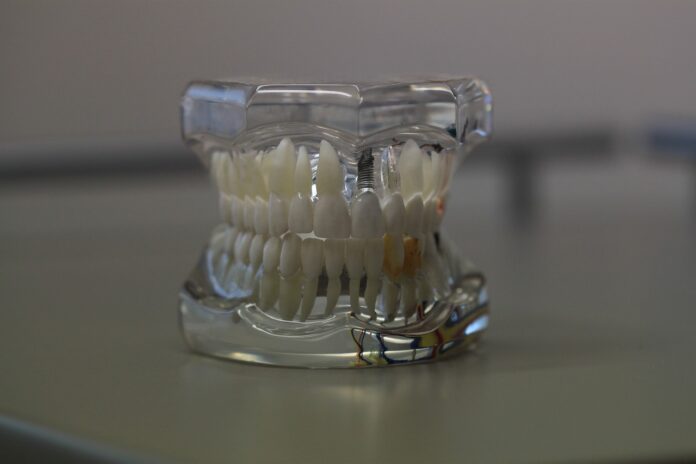Oral health is a topic that has been shrouded in myths and misconceptions for years. From old wives’ tales to internet rumours, it’s easy to get confused about the best way to look after your smile.
Thankfully, dentist Dr. Elham Kordrostami at PAIST, the UK’s first 100% plastic-free toothpaste tube has shared some of the most common oral care myths and replaced them with evidence-based truths. It’s time to set the record straight and ensure you’re on the right track to a healthier smile.
- “You should brush your teeth after every meal.”
While it might seem like a good idea to brush your teeth right after eating, it’s not always the best approach. After you eat, due to many reasons the broken-down food can make your mouth more acidic, meaning brushing your teeth immediately after eating can weaken your tooth enamel. Dr Kordrostami recommends waiting at least 30 minutes before brushing as this allows your enamel to reharden, making it safe to brush.
- “Rinsing with mouthwash is a suitable replacement for brushing.”
Mouthwash should not replace brushing; instead, it should complement your oral care routine. According to Dr. Kordrostami, if you choose to use mouthwash, incorporate it between meals for added freshness, but avoid using it immediately after brushing. It’s important to note that relying solely on mouthwash is insufficient for maintaining healthy teeth and gums, and dentists do not recommend it. The traditional toothbrush and floss remain essential for maintaining your oral health, as they effectively remove plaque and food particles. When selecting a mouthwash, opt for one without alcohol to prevent potential irritation.
- “Brushing your teeth harder cleans them better.”
Some people think that brushing vigorously with a hard-bristle toothbrush will clean their teeth better. However, this can damage your tooth enamel and gums. It’s best to use a soft or medium toothbrush and brush gently. Zealous brushing can wear down the enamel, leading to yellow teeth in the long run and increased sensitivity of your teeth. It can also cause gum recession.
- “All toothpaste tubes are recyclable.”
Not all toothpaste tubes are made from recyclable materials. Traditional toothpaste tubes are often made from a combination of materials that can be difficult to recycle. With 300 million plastic toothpaste tubes ending up in landfills every year, PAIST is committed to providing a fully recyclable alternative. Unlike traditional plastic toothpaste tubes, PAIST is 100% plastic-free, and is made from infinitely recyclable metal – cap included.
- “Sugar free drinks are a safe option for your teeth.”
While sugar-free drinks don’t contain the sugars that can directly contribute to tooth decay, they can still be harmful to your teeth. Many sugar-free drinks are acidic, which can weaken tooth enamel over time. So, it’s essential to be mindful of the acidity and other potential tooth-damaging components in these beverages and consume them in moderation. Dr. Kordrostami advises using a straw when drinking anything other than water or milk to minimise potential damage to your teeth.
- “Flossing isn’t important.”
Flossing is a crucial part of maintaining good oral hygiene. Brushing alone cannot effectively remove all the food particles and plaque build-up from between your teeth and along the gumline. Flossing helps to clean these hard-to-reach areas, preventing gum disease and cavities. Dr Kordrostami recommends flossing at least once a day to maintain optimal oral health. If you don’t floss, you’re missing cleaning 40% of your tooth surfaces. Most dental problems occur in between teeth due to the lack of flossing.
- “You should rinse with water or mouthwash after you brush.”
You should not do this. Follow the “spit don’t rinse” rule. After brushing, spit out excess toothpaste but do not rinse with water or mouthwash. Rinsing immediately removes the beneficial ingredients from the toothpaste, and by not washing them away, you allow these ingredients more time to work effectively.
- “Fluoride is bad for your health.”
Fluoride, when used in recommended amounts as directed by dental professionals, is safe and effective in preventing tooth decay. There is no scientific evidence to support the claim that fluoride in toothpaste or water is generally bad for your health.
Help keep news FREE for our readers
Supporting your local community newspaper/online news outlet is crucial now more than ever. If you believe in independent journalism, then consider making a valuable contribution by making a one-time or monthly donation. We operate in rural areas where providing unbiased news can be challenging. Read More About Supporting The West Wales Chronicle
























